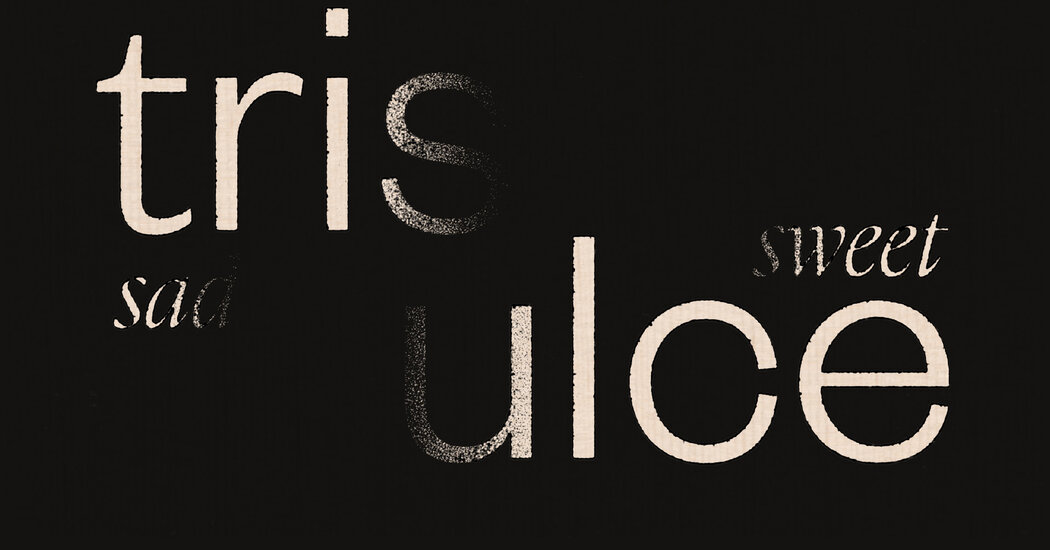Given my addiction to obsession over tiny decisions, I’m disappointed that Costa doesn’t delve more deeply into some of her own choices. She is a prolific and decorated translator, but not a poet, and her line breaks sometimes differ inexplicably from the original. Or she’ll seem to use more, or fewer, words in English than the line requires, as when she translates “mi padre es una víspera” (literally “my father is an eve”) as “my father is the eve of something,” and “el mío es más bonito de todos” (close to “mine is the prettiest of all”) as “mine’s the best.” She changes the meaning and the volume of language, something we both see and hear. That’s allowed if you have some philosophy about it. However, because this is Vallejo’s poem, not Costa’s, I wished for a reasoned defense.
If the “untranslatable” poem is so appealing, it’s odd that Costa sidesteps some of the challenging parts of the work. She often translates the neologisms as though they had a simple correspondence. Take the phrase “rebocados sepulcros” from “XI.” Eshleman notes that by misspelling revocados (whitewashed) Vallejo layers on bocados (a mouthful or snack). The “translational challenge” is to find a similarly suggestive misspelling of an English word, hence his choice of “bitewashed sepulchres.” Costa chooses “whitewashed tombs.” Another example: “la dura deglusiόn,” an alteration of degluciόn (swallowing) that evokes ilusiόn (illusion). Eshleman translates this, clumsily, as “hard degllusion,” while Costa avoids awkwardness, but doesn’t solve the problem, with “hard gulp.”
Now some more pornography, through three translations of “Intensity and Height” (from “Human Poems,” a manuscript Vallejo wrote after leaving Peru for Europe in 1923, not published till after his death). Vallejo’s first line is “Quiero escribir, pero me sale espume.” Costa’s version: “I want to write but only foam comes out.” (I notice she omits the comma, but inserts a comma in the second line, which doesn’t have one.) Eshleman keeps the most unexpected word at the end: “I want to write, but out comes foam.” Another translation, by Valentino Gianuzzi and Michael Smith, adds an anagram — a flourish I find irresistible: “I want to write, but forth comes froth.”
Only Eshleman attempts to preserve the rhyme scheme, and the misspelling toz, for tos (cough), which he renders as “coughv.” Vallejo’s “quiero laurearme, pero me encebollo” becomes “I want to be crowned with laurels, but I’m stewing in onions” (Costa) and, less wordily, “I want to laurel myself, but I stew in onions” (Eshleman). Only Gianuzzi and Smith’s makes a good line in English: “I want to be laurel- but am onion-wreathed.”
For the last words in the last line (“vámonos, cuervo, a fecundar tu cuerva”), Costa and Eshleman both opt for “your mate.” Again I find Gianuzzi and Smith’s choice the most inspired: “let’s go, crow, and fecundate your crow-hen.” They managed to find an English word that is feminine and contains crow-ness, two familiar syllables that together feel marvelously rare — a fix so poetic it really needs no explanation.
